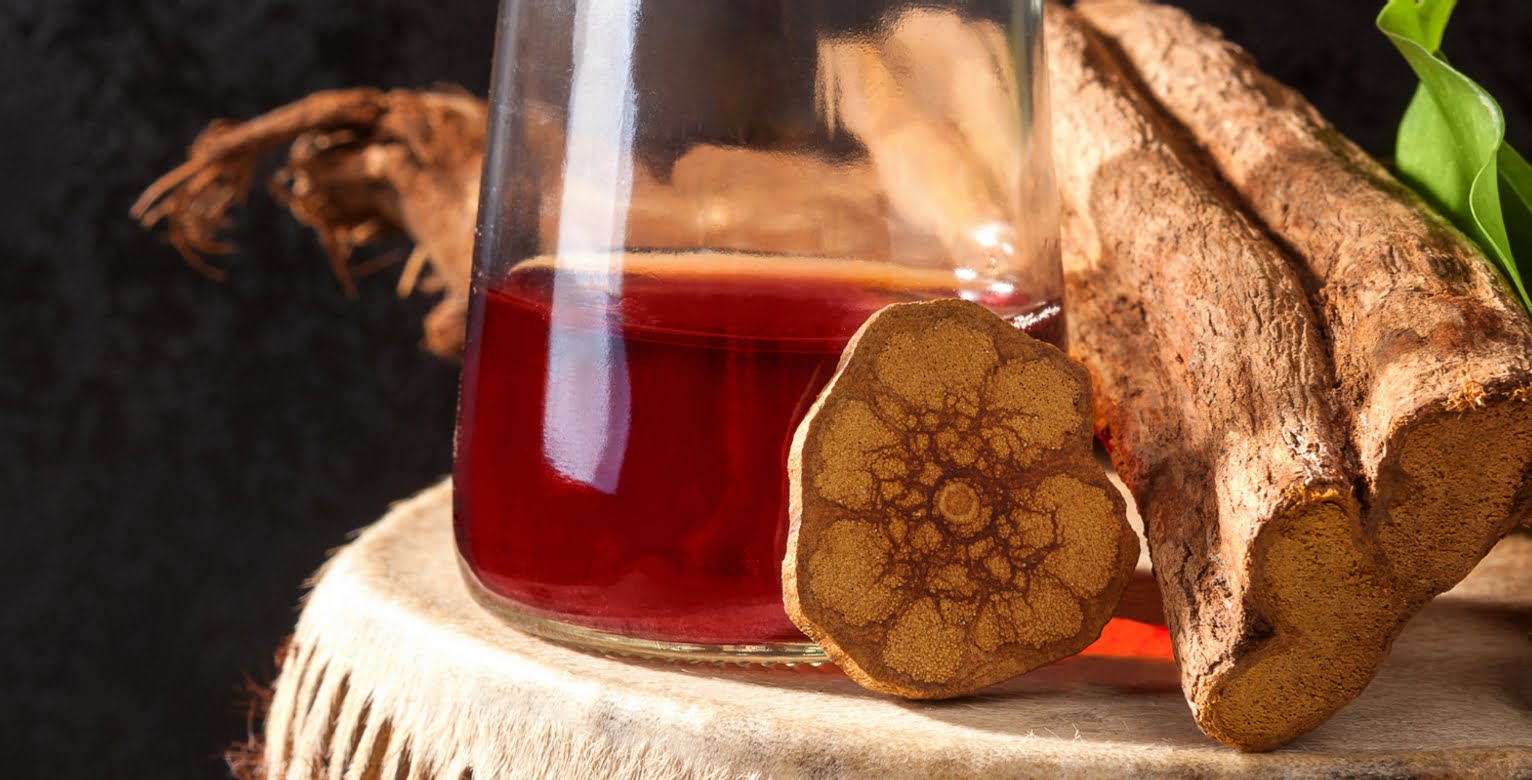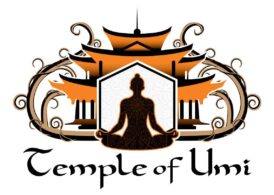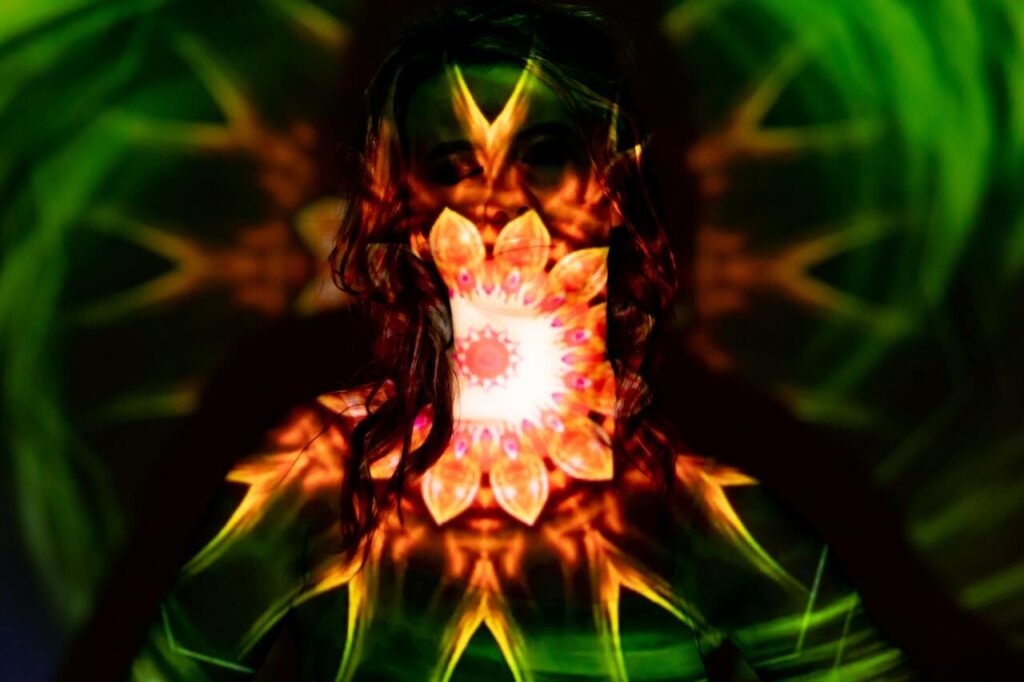In recent years, Ayahuasca has gained popularity among Westerners seeking to transform their lives and gain a deeper understanding of themselves. Known for its intense and profound effects, Ayahuasca has been described as a “spiritual journey” that can bring about soulful transformations. This article will explore what Ayahuasca is, what to expect from an Ayahuasca ceremony, and the potential benefits and risks of this life-changing experience. Get ready to embark on a journey of self-discovery and Transformation with Ayahuasca.
What to expect during an Ayahuasca ceremony
Ayahuasca ceremonies are typically held at night in a ceremonial space, such as a temple or a maloca. Before the ceremony begins, participants gather to set their intentions and pray. The Ayahuasca brew, made from the Ayahuasca vine and the leaves of the Chacruna plant, is then served to each participant by the shaman or facilitator. Ayahuasca’s taste is bitter, earthy, and challenging to swallow. After drinking the brew, participants often experience nausea and may vomit. This is considered a purging process, believed to help release negative energy and emotions from the body.
Once the Ayahuasca begins to take effect, participants may experience a wide range of physical, emotional, and spiritual sensations. Some people report feeling a sense of oneness with the universe, while others experience vivid visions or intense emotions. The effects of Ayahuasca can last anywhere from four to eight hours, depending on the strength of the brew and the individual’s sensitivity. It is important to note that Ayahuasca is a powerful psychedelic substance and should only be taken under the guidance of an experienced shaman or facilitator.
The Benefits of Ayahuasca for personal growth and Transformation
Ayahuasca has been used for centuries by indigenous tribes for its healing properties, and recent research has shown that it may have therapeutic benefits for a range of mental health conditions. Studies have found that Ayahuasca can help reduce symptoms of depression, anxiety, and PTSD and may also help with addiction and substance abuse. The intense and transformative nature of the Ayahuasca experience can also be beneficial for personal growth and spiritual development.
Many people who have taken Ayahuasca report feeling a sense of clarity and purpose after the experience. They may gain insights into their deepest fears and desires and feel more connected to themselves and their world. Some people describe love and compassion for all beings and a desire to live meaningfully. While the benefits of Ayahuasca are not yet fully understood, it is clear that this powerful plant medicine has the potential to bring about profound transformations.
Ayahuasca and its Effects on mental health
While Ayahuasca has been shown to have therapeutic benefits for some mental health conditions, it is essential to note that it is not a panacea and may not be appropriate for everyone. People with a history of mental health issues such as schizophrenia or bipolar disorder may be at risk of experiencing a psychotic episode during an Ayahuasca ceremony. It is also important to note that Ayahuasca can be emotionally and psychologically challenging and may bring up difficult memories or emotions.
It is recommended that anyone considering an Ayahuasca experience speak with a mental health professional beforehand to assess their suitability. The facilitator or shaman leading the ceremony should also be experienced in working with people who have mental health issues and should be able to provide adequate support during and after the experience.
Preparing for an Ayahuasca experience
Preparing for an Ayahuasca experience involves both physical and mental preparation. It is recommended that participants follow a special diet for at least a week before the ceremony, avoiding certain foods and substances such as alcohol and caffeine. This is believed to help purify the body and prepare it for the Ayahuasca experience.
Mental preparation involves setting intentions and reflecting on one’s reasons for wanting to take Ayahuasca. It is essential to approach the experience with an open mind and a willingness to surrender to the process. Participants should also be prepared for a challenging experience and be willing to face difficult emotions or memories that may arise during the ceremony.
Finding the suitable Ayahuasca retreat
When choosing an Ayahuasca retreat, it is essential to do your research and find a reputable and experienced facilitator or shaman. The facilitator or shaman should have a deep understanding of the Ayahuasca experience and be able to provide adequate support and guidance during and after the ceremony. Choosing a safe, comfortable retreat that aligns with your values and beliefs is also essential.
Ayahuasca safety precautions
While Ayahuasca can be a powerful tool for personal growth and Transformation, it is essential to approach it with caution and respect. Ayahuasca should only be taken under the guidance of an experienced facilitator or shaman and should never be taken alone or in an unsupervised setting. It is also important to disclose any medical conditions or medications to the facilitator or shaman beforehand, as certain drugs can interact with Ayahuasca and cause dangerous side effects.
The Role of Shamanism in Ayahuasca Ceremonies
Shamanism is an ancient spiritual practice that involves connecting with the spirit world and the forces of nature. In Ayahuasca ceremonies, the shaman plays a crucial role in guiding participants through the experience and helping them connect with the spirit of Ayahuasca. The shaman may also use other tools, such as singing, drumming, or smudging, to create a sacred and supportive space for the ceremony.
Choosing a shaman who deeply understands Ayahuasca and shamanism and has undergone extensive training and apprenticeship with a respected teacher is essential. The shaman should also be able to provide adequate support and guidance during and after the ceremony. He should be able to answer any questions or concerns that participants may have.
Ayahuasca integration and aftercare
The Ayahuasca experience can be intense and transformative, and it is essential to integrate and process the experience afterward. This may involve reflecting on the insights and lessons gained during the ceremony and changing one’s life through these insights. It is also essential to take care of oneself physically and emotionally and to seek support from a therapist or other mental health professional if needed.
Conclusion: Is Ayahuasca suitable for you?
Ayahuasca is a powerful plant medicine that has the potential to bring about profound transformations and personal growth. However, it is not a magic solution and may only be appropriate for some. Before embarking on an Ayahuasca journey, it is essential to do your research, speak with a mental health professional, and choose a reputable and experienced facilitator or shaman. With the proper preparation and guidance, Ayahuasca can be a life-changing experience that brings about soulful transformations and a deeper understanding of oneself and the world around us.


